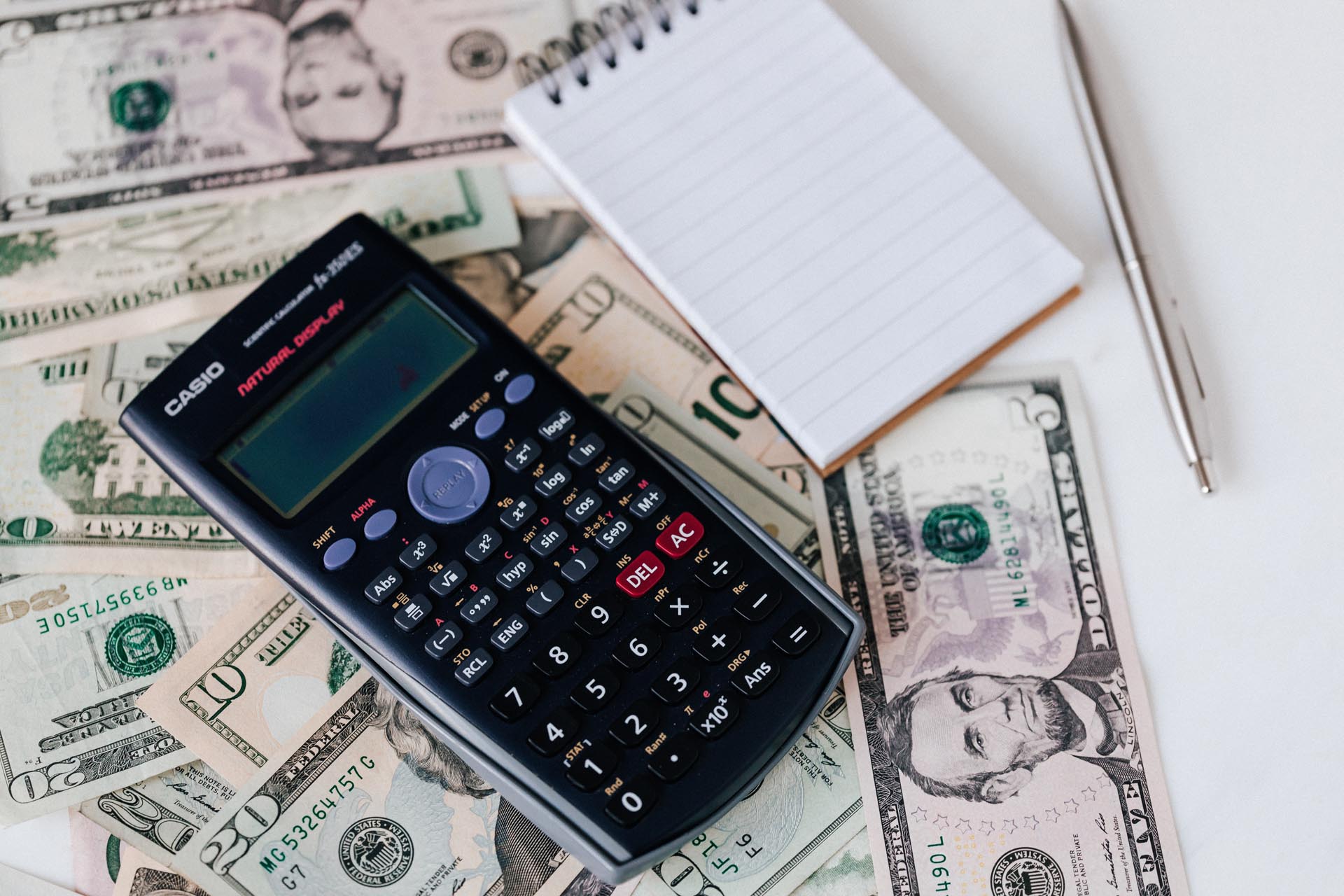What is capital gains tax?
Capital gains tax (CGT) is a tax on the profit when you dispose of a chargeable capital asset.
The common way for a person to dispose of an asset is to sell it to another person. However, a gift of an asset also constitutes a disposal for capital gains tax purposes.
The tax you pay on the disposal of asset depends on your income for the tax year in which the asset has been disposed of and the asset.
What are chargeable capital assets?
Most assets other than cash in sterling is an asset for CGT purposes. All assets are chargeable assets except those specifically exempt under the capital gains tax purposes.
Most common chargeable assets are:
- Most personal possession worth £6,000 or more such as jewellery, painting, antiques etc.
- Property that isn’t your main home
- Shares that are not in ISA or PEP
- Business assets
Most common exempt assets are:
- UK government gilts and Premium Bonds
- Betting lottery or pools winnings
- Cars
- Personal Equity Plans (PEPs)
- Shares in an Individual Saving Account (ISAs)
- Shares in a Venture Capital Trust (VCT)
Annual Exemption
Every individual has an annual exemption for capital gain tax purposes. The annual exemption is similar to personal allowances for income tax purposes.
You don’t pay any capital gains tax if the total gain from all disposals during the tax year is less than annual exemption for the year. The annual exemption for the tax year 2017/18 is £11,300. This means that every individual in the UK can have gains of £11,300 where there will be no capital gains tax.
How a capital gains tax is calculated?
For calculating capital gains tax, we simply take proceeds of sales and deduct all costs of acquisition. Here is a simple format:
Disposal proceeds XX
Less: cost of sales (XX)
Net disposal proceeds XX
Less: Purchase price (XX)
Cost of acquisition (XX)
Capital gain XX
Rates of Capital Gains Tax
The rates of capital gains tax are different for gains on the sale of residential property and on other assets.
Also, the rate of capital gains tax will depend on the individual’s level of income for the tax year.
If you are a basic rate taxpayer and all of your capital gains falls into basic rate of income band, you will pay capital gains tax at:
- 18% on your gains from residential property
- 10% on your gains from other chargeable assets
If you are a higher rate taxpayer, you will pay capital gains tax at:
- 28% on your gains from residential property
- 20% on your gains from other chargeable assets
Reporting capital gains
You can report your capital gains tax liability by filing a self-assessment with HM Revenue and Customs (HMRC). If you are not required to file tax return, you can use HMRC government gateway online service to report any capital gains.
You must report your capital gains tax by 31 January following the end of the tax year.
For example, if you have sold an asset at gain during the tax year 2016/17, you will be required to pay your capital gain tax liability by 31 January 2018.
The tax year runs from 6 April to 5 April the following year. For example, the tax year 2016/17 will start from 6 April 2016 and will end on 5 April 2017.
Due date for paying capital gains tax
The deadline to pay capital gains tax is the same as the reporting deadline – 31 January following the end of the tax year in which the gain arose.
For example, if the gain has been made in the tax year 2017/18, the due date for the payment of capital gains tax would be 31 January 2018.
Capital Losses
If an individual dispose of an asset and makes a capital loss, it can be set off against the capital gains for the same tax year in which the loss arose.
Capital gains tax will reduce the capital gains for the tax year and ultimately a reduce in capital gains tax liability. If the capital losses in the year exceed gains, the excess loss will be carry forward and set it off against the gains in the future tax years.






